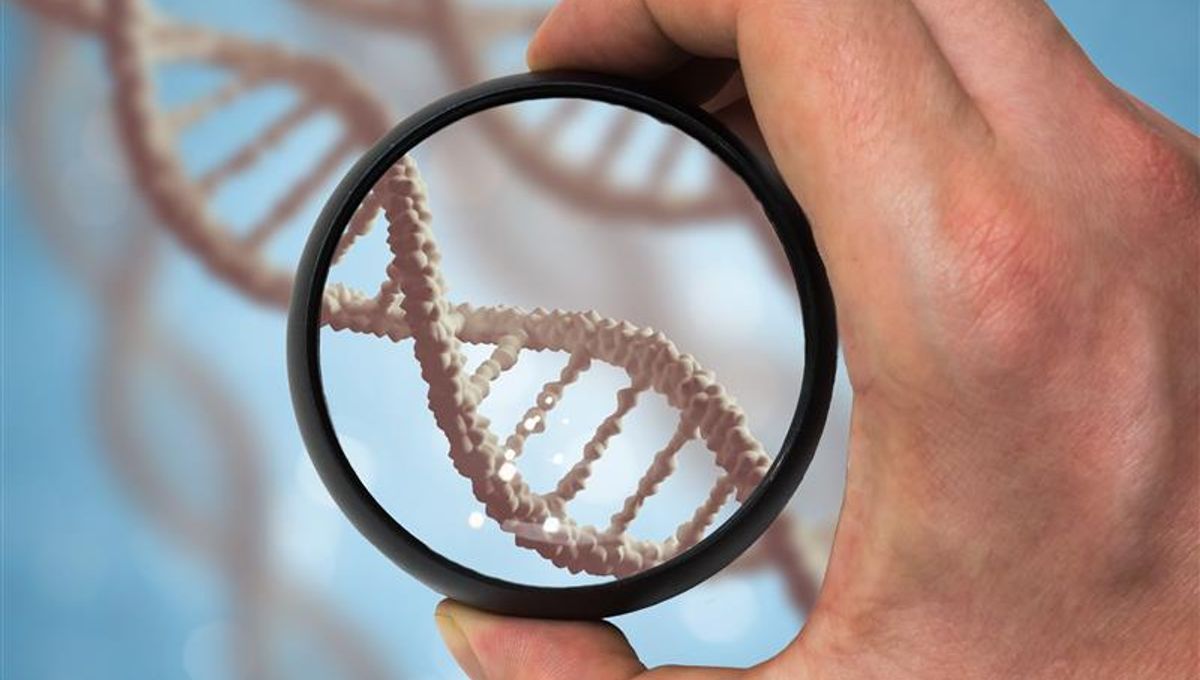
The theory of evolution by natural selection is robust and well-evidenced, but that doesn’t mean we are not learning new things about how life develops and changes over time. A new study has found that evolution may not be as unpredictable as previously thought. The implications could open the door to novel ways to tackle real-world issues, including antibiotic resistance, disease, and even climate change.
The study challenges a long-held belief that evolution is always an unpredictable process. According to its findings, the evolutionary trajectory of a genome can be influenced by its evolutionary past, instead of being determined by multiple factors and historical accidents.
“The implications of this research are nothing short of revolutionary,” Professor James McInerney, from the School of Life Sciences at the University of Nottingham, explained in a statement. “By demonstrating that evolution is not as random as we once thought, we’ve opened the door to an array of possibilities in synthetic biology, medicine, and environmental science.”
McInerney and colleagues analyzed the pangenome – a collection of all DNA sequences of a given species that contains sequences shared by all individuals – to answer this crucial question: can a genome’s evolutionary history determine its future trajectory?
The team used a machine learning method, known as Random Forest, with a dataset of 2,500 complete genomes from a single bacterial species. They performed several hundred thousand hours of computer processing to investigate this question.
With the data loaded into the computer, they were able to create “gene families” from each of the genes in each genome.
“In this way, we could compare like-with-like across the genomes,” Maria Rosa Domingo-Sananes from Nottingham Trent University, added.
Once the families had been identified, it was possible to examine the pattern of how they were present in some genomes and absent from others.
“We found that some gene families never turned up in a genome when a particular other gene family was already there, and on other occasions, some genes were very much dependent on a different gene family being present.”
In essence, the research revealed an “invisible ecosystem” of genes that cooperate or compete with one another.
“These interactions between genes make aspects of evolution somewhat predictable and furthermore, we now have a tool that allows us to make those predictions,” added Dr Domingo-Sananes.
According to Dr Alan Beavan, also from the School of Life Sciences at the University of Nottingham, “From this work, we can begin to explore which genes ‘support’ an antibiotic resistance gene, for example. Therefore, if we are trying to eliminate antibiotic resistance, we can target not just the focal gene, but we can also target its supporting genes.”
This approach can be used to synthesize new genetic constructs “that could be used to develop new drugs or vaccines. Knowing what we now know has opened the door to a whole host of other discoveries,” Beavan added.
The implications are massive and could lead to novel genome design, whereby scientists can design synthetic genomes while also developing roadmaps for the predictable manipulation of genetic material. They could also help scientists combat the rise of antibiotic-resistant organisms, by helping us understand the dependencies between genes and how to create targeted treatments.
Moreover, the findings could influence the design of microorganisms engineered to capture carbon or degrade pollution, therefore helping us combat climate change.
The study is published in PNAS.
Source Link: Evolution May Not Be As Random As Previously Thought